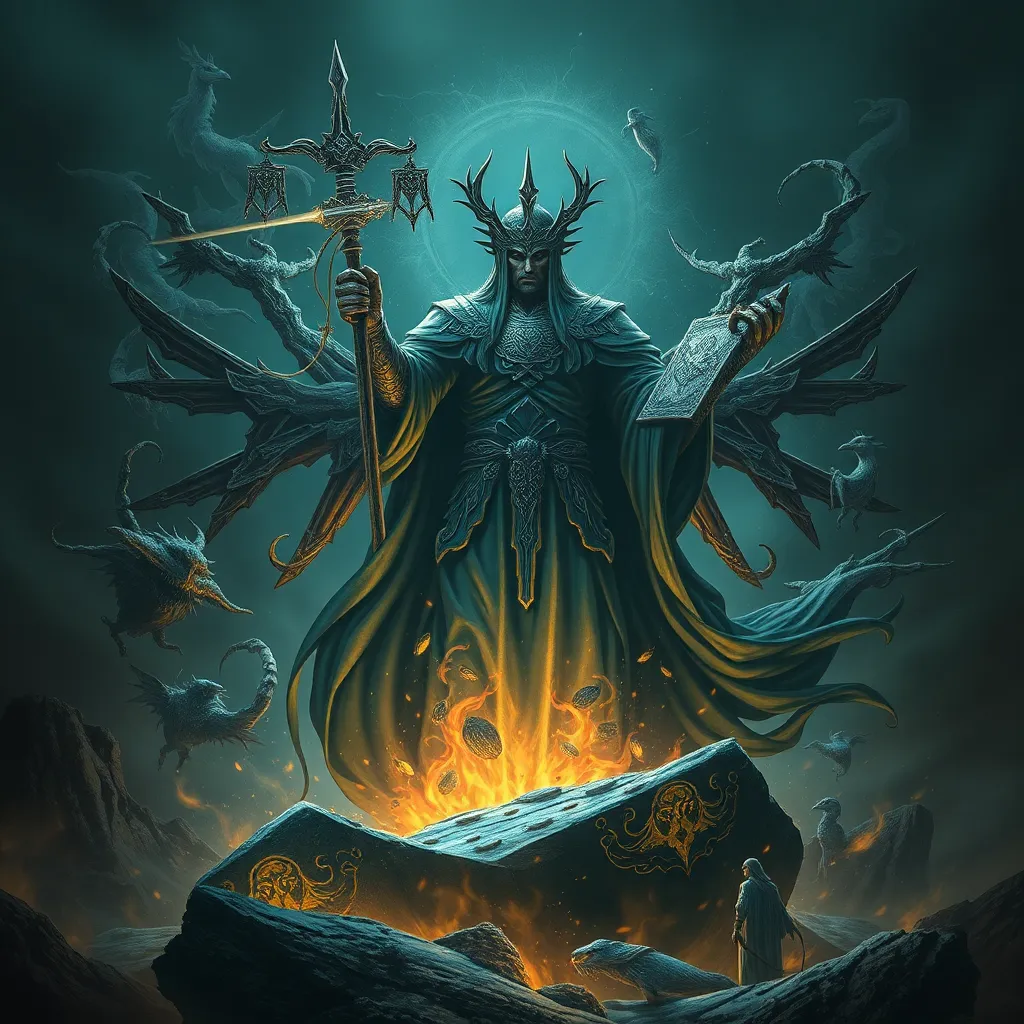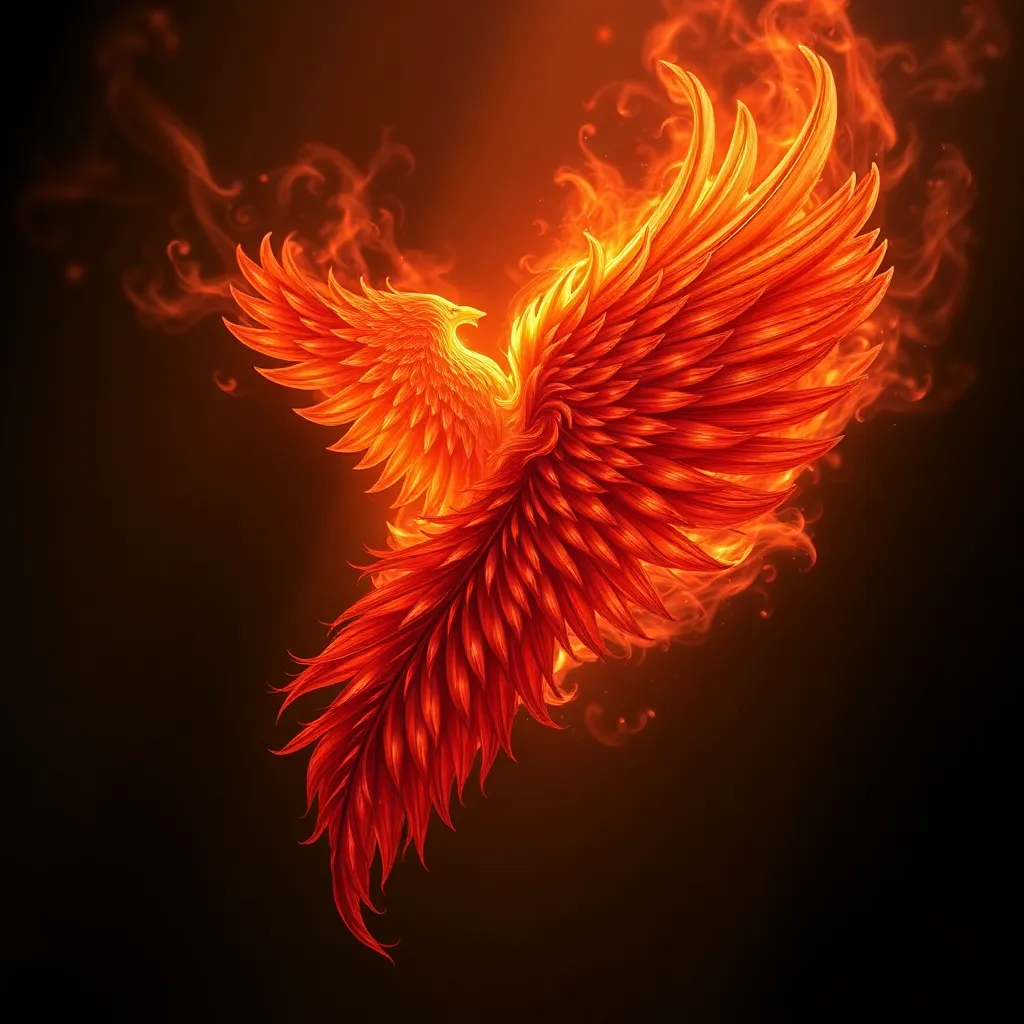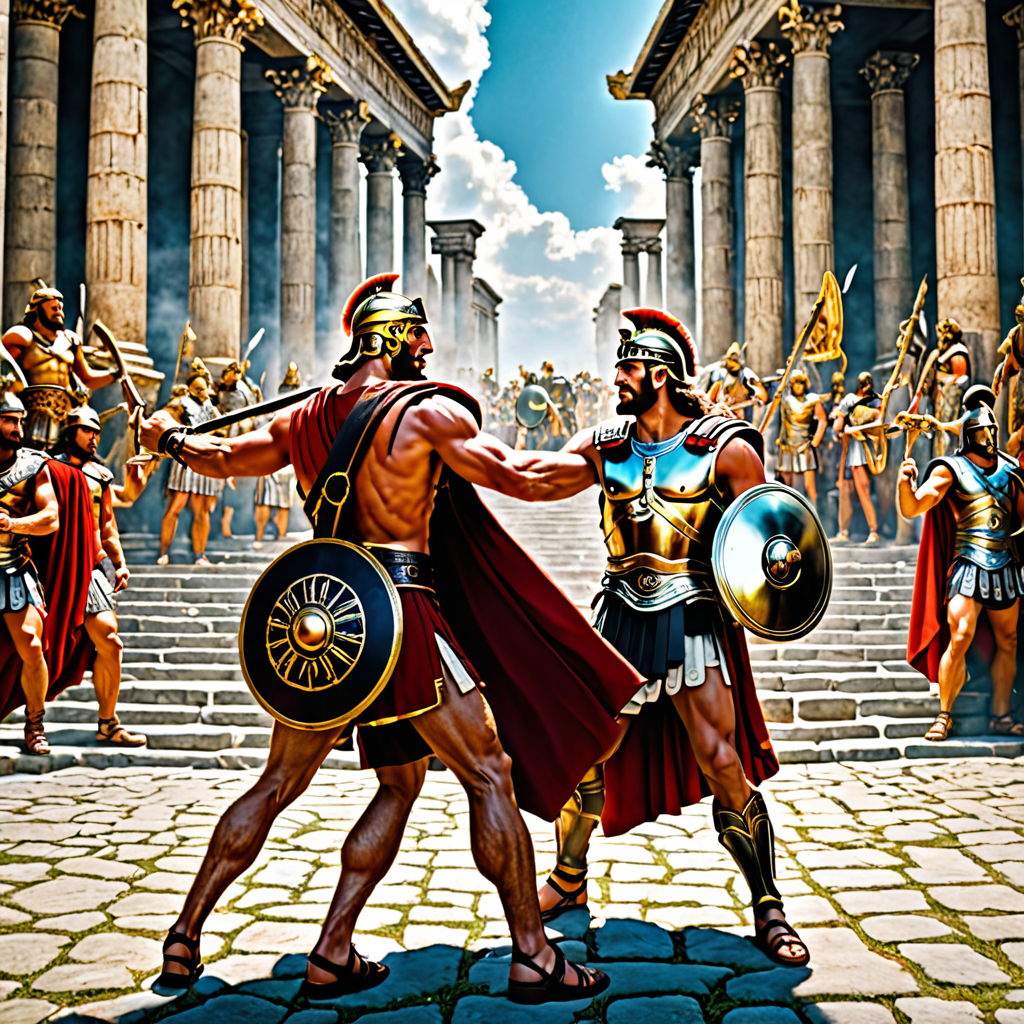The Deathless King: Koschei and the Power of Ruling Beyond the Grave
I. Introduction
Koschei the Deathless is a prominent figure in Slavic mythology, often depicted as an evil sorcerer who cannot be killed. His legend encapsulates themes of immortality, power, and tyranny, making him a compelling subject for exploration. This article aims to delve into the origins of Koschei, the myth surrounding his immortality, the nature of his rule, and his influence on contemporary culture. Through this examination, we will uncover the deeper meanings behind his story and its relevance in the modern world.
II. Origins of Koschei
The origins of Koschei can be traced back to ancient Slavic folklore, where he is often portrayed as a fearsome antagonist. Historical context reveals that Slavic myths were rich with supernatural beings, and Koschei emerged as a personification of death and the fear of the unknown. Early depictions in literature show him as a powerful figure capable of wielding dark magic.
Over time, Koschei’s character has evolved. Initially, he was a mere villain in folk tales, but later interpretations painted him as a more complex figure who embodies the struggle between life and death, as well as the consequences of absolute power.
III. The Myth of Immortality
At the heart of Koschei’s legend is his secret to eternal life. The myth states that his soul is hidden away, which is the key to his immortality. This secret is often represented symbolically through an egg or a needle, which must be found and destroyed to defeat him.
- The role of his soul and its concealment: Koschei’s soul is hidden in a distant, unreachable place, often depicted as being kept within an egg that is locked inside an iron chest buried under a great tree.
- Symbolism of the egg or needle: The egg represents fragility, while the needle signifies precision and the importance of finding the hidden aspects of one’s existence.
Cultural interpretations of immortality often reflect society’s fears and desires. Koschei’s immortality can be seen as a curse rather than a blessing, as it isolates him from the joys of life, illustrating that eternal life may come at a significant cost.
When compared to other mythological figures, Koschei’s story resonates with themes found in legends such as that of the Greek god Tithonus, who was granted eternal life but not eternal youth, leading to a tragic existence. Both figures highlight the burdens of immortality.
IV. The Nature of Power in Koschei’s Rule
Koschei’s characteristics as a ruler are defined by his tyranny and malevolence. He rules through fear, using his magical abilities to manipulate and control those around him. This dynamic illustrates the relationship between authority and fear, suggesting that his power is inherently unstable, dependent on the fear he instills in others.
- Characteristics of Koschei as a ruler: He is depicted as ruthless, cunning, and deeply manipulative, often using others to do his bidding.
- The relationship between fear and authority: Koschei’s rule highlights how fear can be a tool for maintaining power, yet it ultimately alienates him from those he governs.
- Exploration of tyranny and its consequences: The consequences of Koschei’s tyranny are profound, leading to his eventual downfall at the hands of heroes who challenge his authority.
V. Koschei’s Influence on Contemporary Culture
Koschei the Deathless continues to be a significant figure in modern literature and media. References to him can be found in various forms of storytelling, from fantasy novels to animated films, where he often serves as an archetypal villain.
- Representation in modern literature and media: Authors and filmmakers use Koschei as a symbol of ultimate evil, drawing on his attributes to create compelling narratives.
- Impact on fantasy genres and character archetypes: His character has influenced the development of other fantasy villains, establishing common traits such as immortality, manipulation, and dark magic.
- Reflection of societal fears and desires in today’s interpretations: Koschei’s representation often reflects contemporary anxieties about power, control, and the consequences of seeking immortality.
VI. Thematic Analysis: Life, Death, and Power
Through the lens of Koschei’s story, we can explore fundamental themes surrounding mortality. His quest for power beyond death raises philosophical questions about the nature of life, the inevitability of death, and the consequences of desiring eternal life.
- Exploration of mortality and its implications: Koschei’s immortality serves as a stark reminder of the human condition and the natural cycle of life and death.
- The allure of power beyond death: The desire for power that transcends mortality can lead to isolation and despair, as seen in Koschei’s character.
- Philosophical questions raised by Koschei’s immortality: The narrative challenges us to ponder what it means to live a meaningful life in the face of death.
VII. Conclusion
Koschei the Deathless holds a significant place in both mythology and contemporary culture. His story encapsulates the struggle between life and death, the nature of power, and the consequences of seeking immortality. The enduring fascination with deathless figures like Koschei speaks to humanity’s complex relationship with mortality and authority.
Ultimately, Koschei’s legend serves as a cautionary tale about the pursuit of power and the isolation that can come with it. As we continue to explore these themes in literature and media, we are reminded of the timeless relevance of such figures in our understanding of life, death, and the quest for power.
VIII. Further Reading and Resources
For those interested in exploring the themes of Slavic mythology and immortality further, the following resources are recommended:
- Suggested texts on Slavic mythology: “Russian Fairy Tales” by Alexander Afanasyev, “The Complete Russian Folktale” by Jack V. Zipes.
- Recommended academic analyses of immortality in folklore: “Immortality and the Unseen: The Myth of Koschei” by Sarah J. Thomas.
- Online resources and forums for discussion on Koschei and related topics: Websites such as Mythopedia, and forums dedicated to Slavic mythology on platforms like Reddit.



